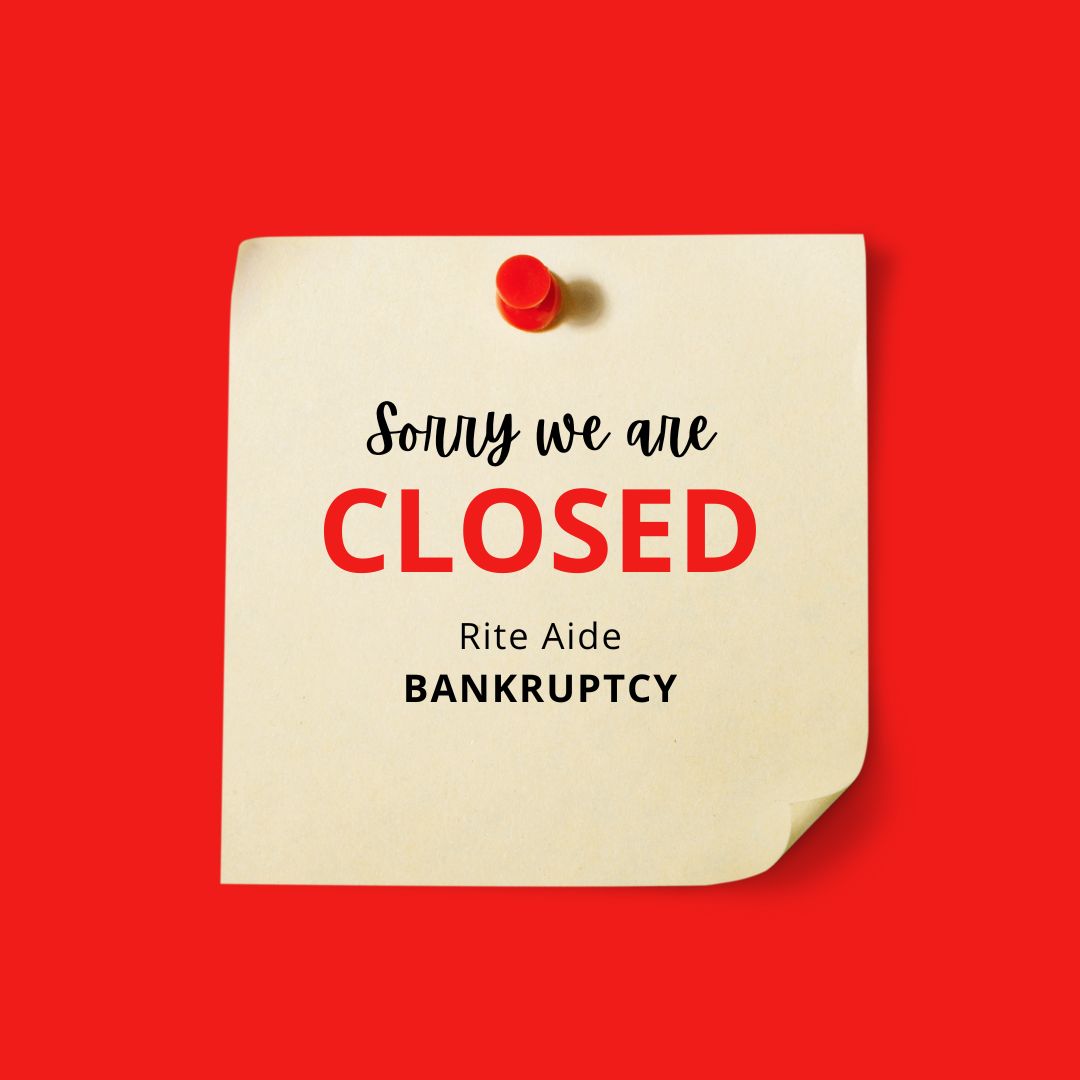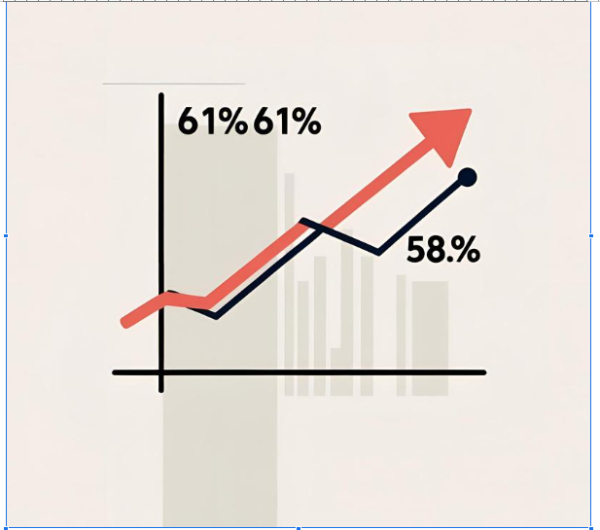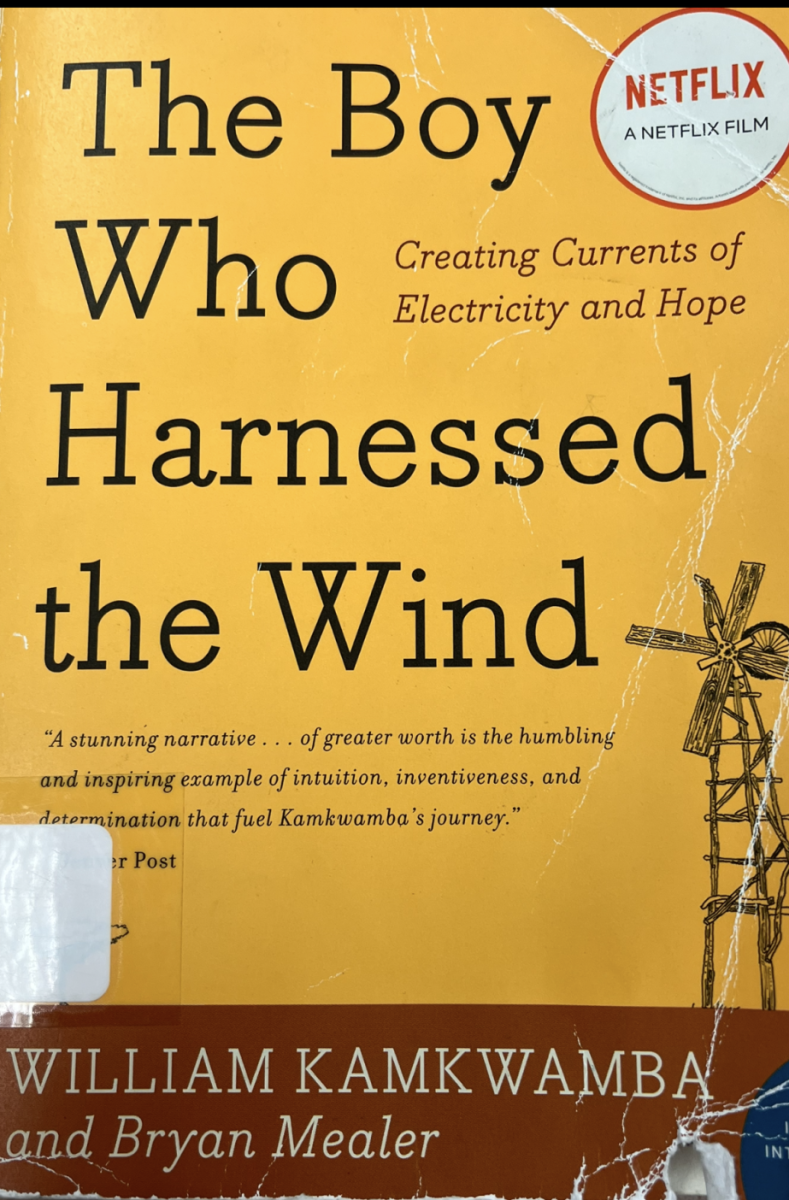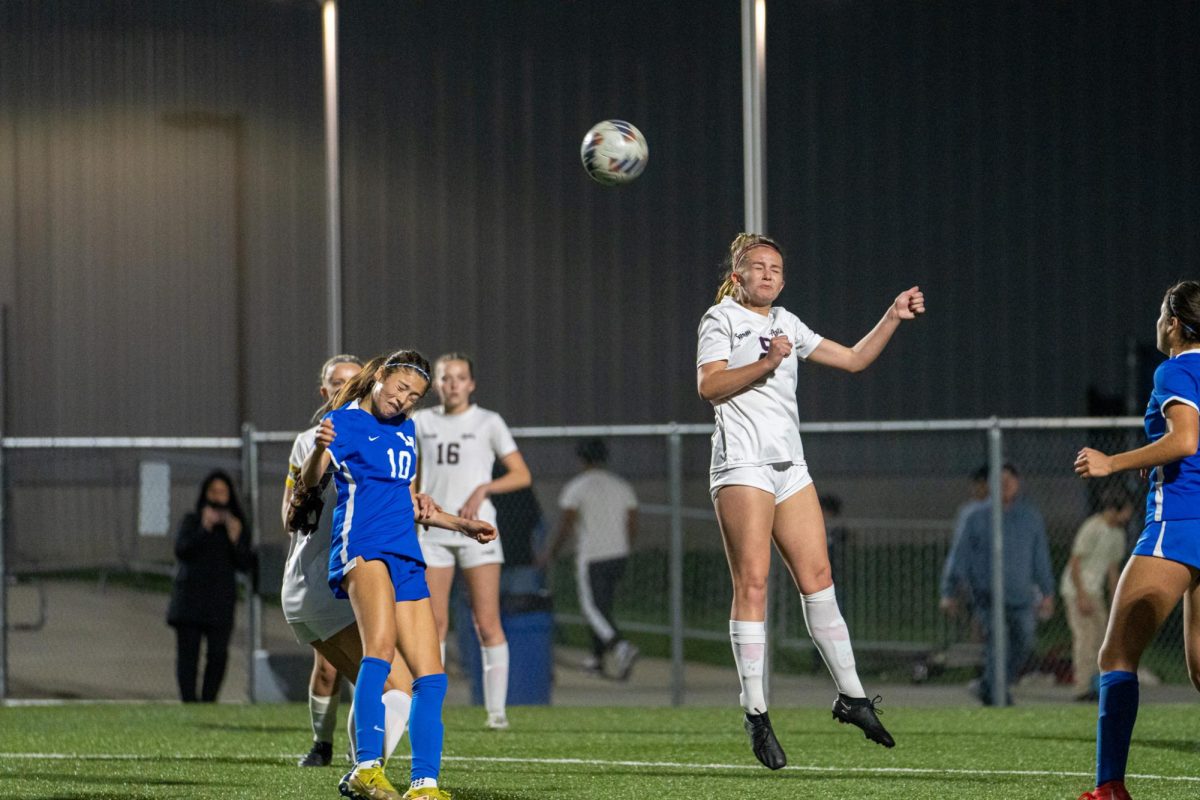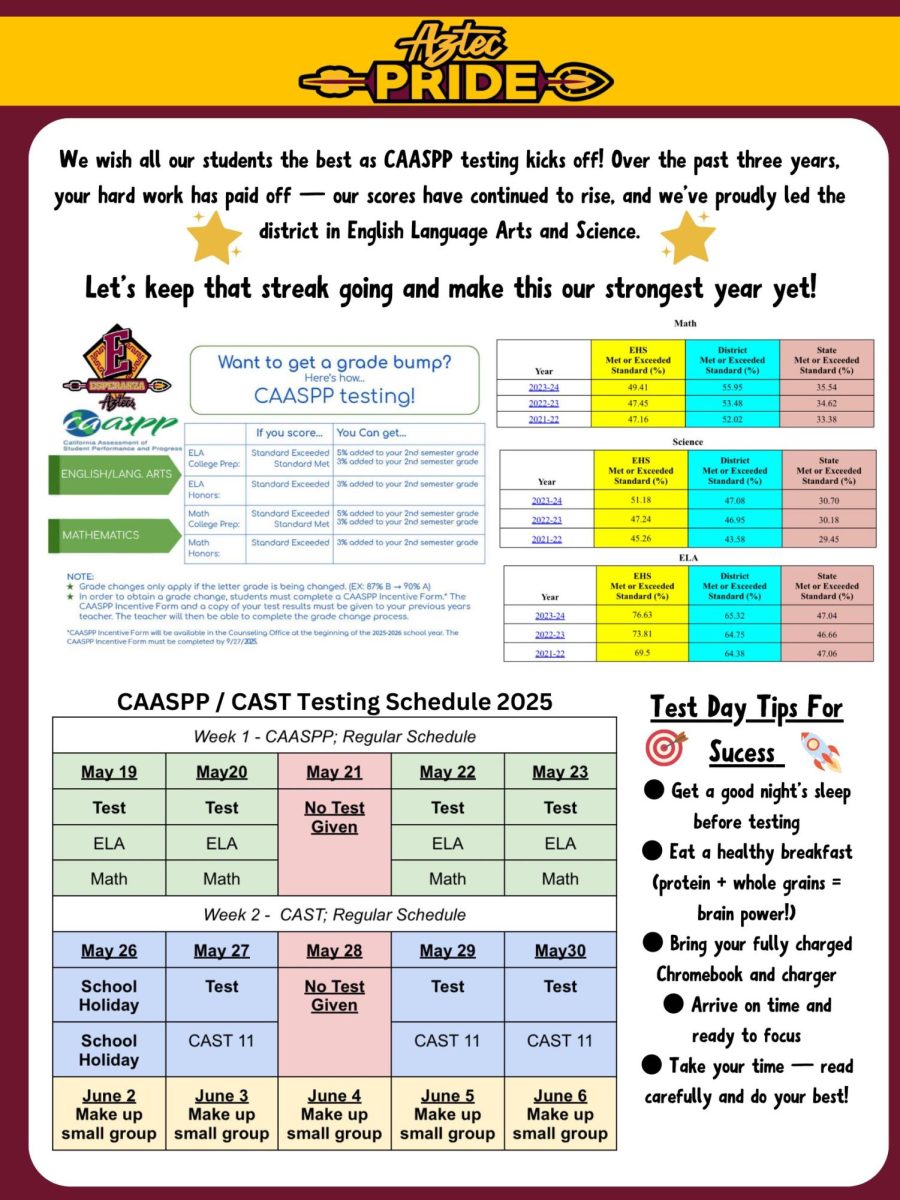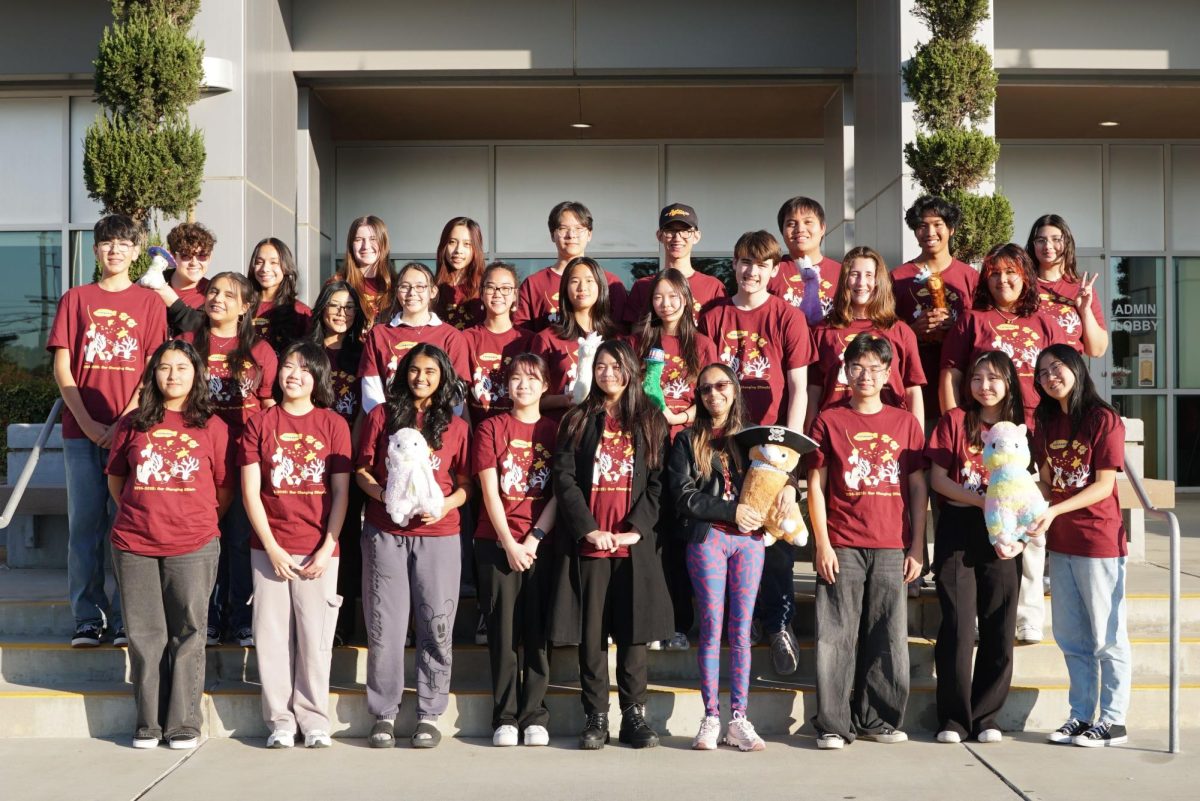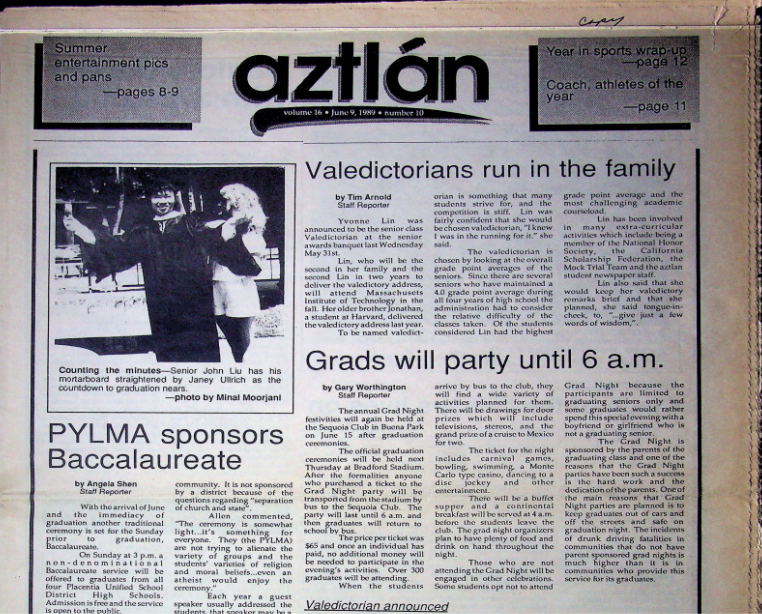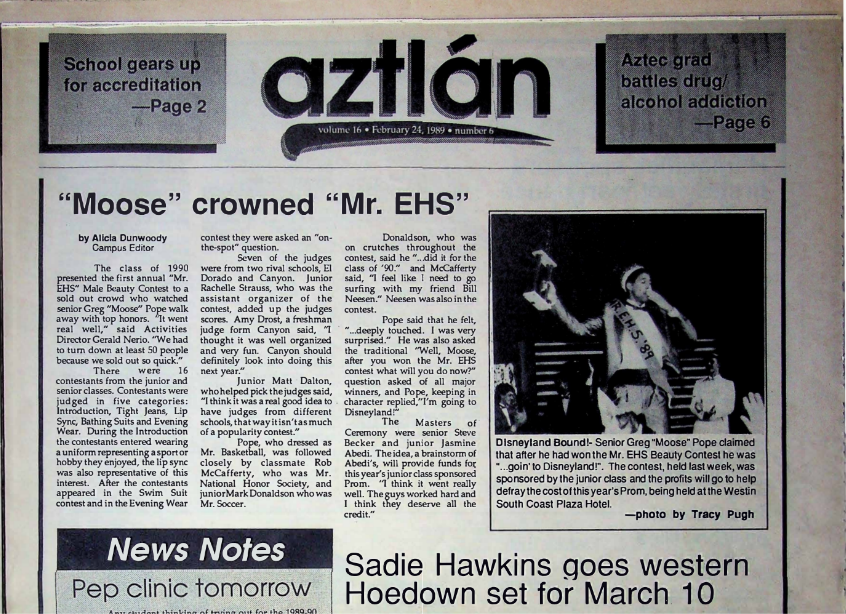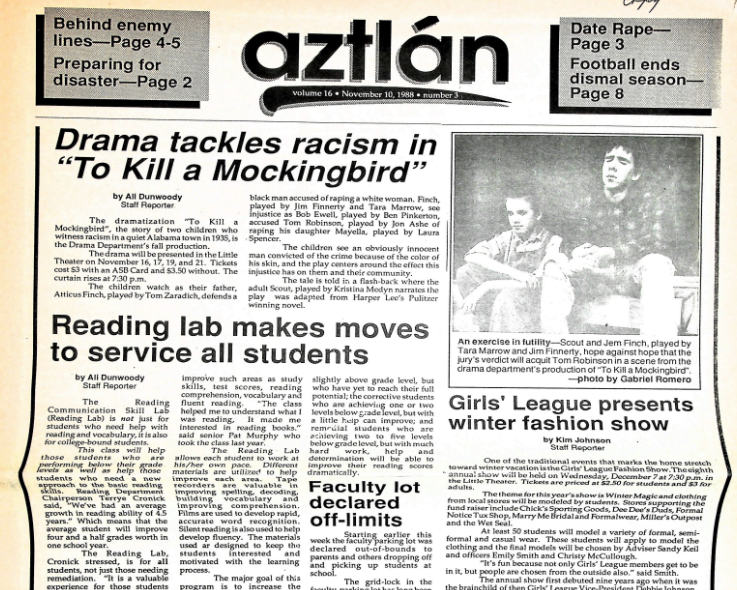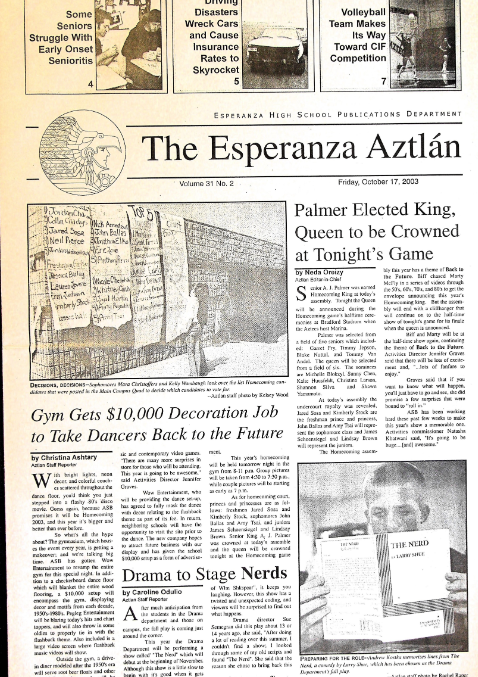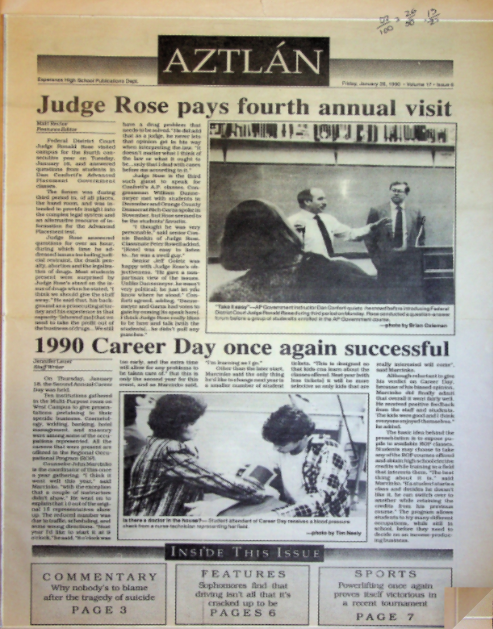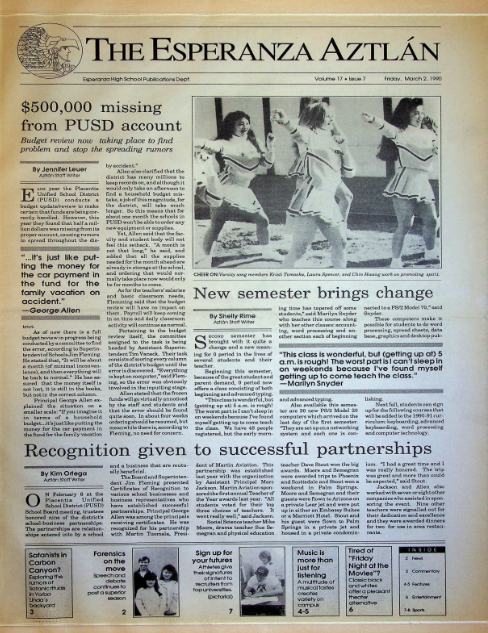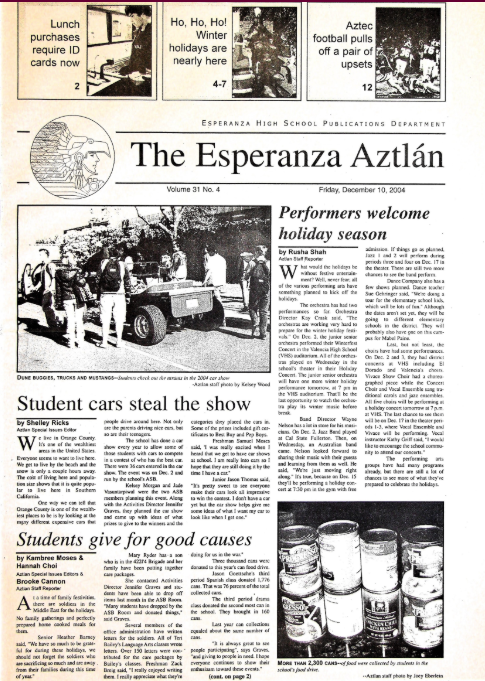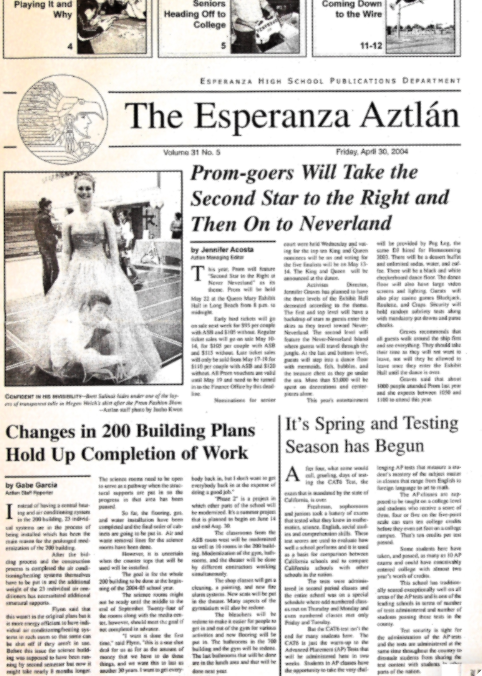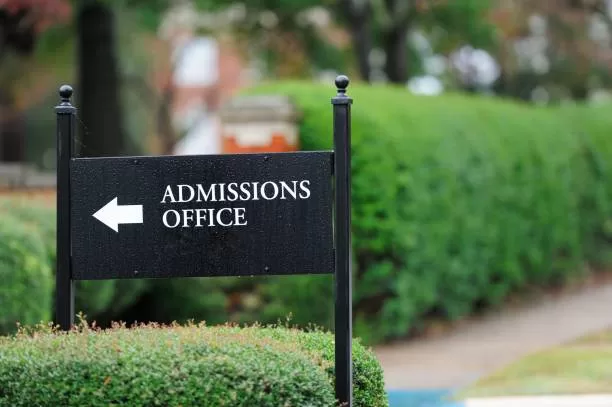The Worthlessness of College Admissions
Close up of admissions office sign near public university campus
April 14, 2023
The college admissions system is defective.
I’m not the first high school student to make this statement, and I think I can swear on my grave when I say that I won’t be the last. The burden of applying to colleges is almost a rite of passage to those seeking higher education (a portion which has increased by almost 20 percent the past two years), and one whose strenuous effects have grown just as quickly.
I am one of the many who has been kept up at night strapped to the metaphorical river rapids of dread over a very real possibility that none of the elite, highly selective schools I have adored from afar will have any interest in my statistics. The list of possible flaws I see in my still-hypothetical application is seared into my mind: too many Bs, too few extracurriculars, not enough hours of community service. Let’s not even mention my hours spent doom-scrolling the popular “Applying to College” Subreddit (an experience I recommend to none who truly care for their mental wellbeing).
But as concerned as I am for my educational future, I’ve started to realize that it’s more important that I put less weight into such a faulty application process, often based more on chance than true student excellence.
With the recent release of the University of California (UC) system’s decision letters, many, if not most, were left disappointed with cutthroat rates of rejection and waitlisting, a sign of a college admissions environment that has become increasingly competitive along with its applicants. For example, the revered UCLA, considered by US News & World Report (a can of worms in its own right) to be the #20 university in the nation, boasted a mind-boggling 9% acceptance rate. Compare this to 2013’s 20% and a massive discrepancy becomes clear.
Upon its conception in 1868, the University of California (since renamed UC Berkeley) was envisioned by Governor Henry Haight to be a source of higher education for all social classes, a radical idea at the time. Now, 150 years later, the UC’s are considered some of the best institutions in the nation with seven of them ranking within the top 50 national universities (making California the only state with this accomplishment). But with this prestige inevitably comes competition.
Last year, only 59.5% of UC applicants were offered admission to any of the nine campuses. This highly competitive process is requiring students to become more than scholars, but almost super-humans. No longer are straight As enough to cut it (an incredibly notable accomplishment in its own right), but now we must have volunteer work and notable extracurriculars, preferably ones with involvement all four years of high school and some form of leadership role. Not even nationally-recognized awards will earn you admittance. The “holistic” form of application review, attempting to view a student as the sum of their parts rather than individual aspects of their application, is becoming an increasingly problematic way of determining admission. When every school is looking for something different, some intangible quality or set of special interests, how does one really know how to get in?
What follows is a system based more on luck than merit. When all applicants have 4.0 GPAs, stellar extracurriculars, and excellent essays (as becomes the case with the now-widespread usage of college counselors and tutoring), these faceless forms begin to blend together into an amalgamation of similar perfection. While one admissions officer might see something notable in an application, who’s to say the other one will?
I definitely don’t have the solutions to amend this broken system, one which has degraded almost beyond repair over the past decades. But perhaps we as students can alleviate our fears by realizing that the college experience isn’t made by the school you attend, but by making the most of wherever you go (as cliché as it may sound). Both Stanford and Cal State Fullerton can offer equally stellar educations if you apply yourself and become committed to learning. Your success will not be determined by the name on your diploma, but instead by your efforts to utilize it.
To the seniors who were accepted to their dream school: Congratulations! And to those who were not: Don’t stop dreaming. As discouraging as rejection is, let it motivate you to prove those schools who passed you over wrong. Show them that you are worth so much more than what is listed on your Common App.
(Getty Images/iStockphoto)



